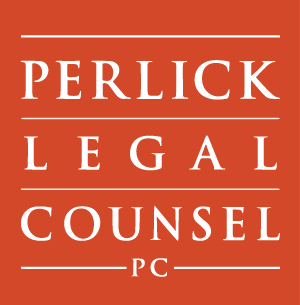Why You Don’t Need an Estate Plan (unless you do)
Some folks are either too busy or not convinced that they need an estate plan. Either way, we’re here to help you check this item off your list. Let’s start with why you don’t need an estate plan. If we can agree on that, we don’t need to get to the too busy part. And if you decide you really do need some planning, the too busy part should resolve itself.
First, let’s define estate planning as having your financial and medical affairs in order so things get handled by the right people in the right way if you die or become disabled.
Let’s address disability first. If you’re sure you’ll always be able to handle your own financial and medical affairs for yourself, you don’t need to worry about this part of estate planning. You’re good to go. Statistically, some percent of the population never confronts disability. If you’re going to be one of the lucky ones, you can skip the next point. But if you can imagine the possibility that you or someone you care about might confront disability, here’s what you need to know….
Medical providers and financial institutions are bound by strict confidentiality laws. They’re not permitted to talk with anyone about your affairs without your express written permission or a court order. If you’re willing to rely on a court order to authorize someone to act on your behalf, and if you are OK with whomever the court might appoint, then you don’t need to worry about this part of estate planning. You’re good to go. But if you’d rather not put your loved ones through the time, expense, hassle, delay and risk of a court process to get authority to assist you if and when the time comes, then you need to sign a proper power of attorney (before you become disabled).
Now let’s take a look at death. If you’re never going to die, you don’t need to worry about this part of estate planning. You’re good to go. Statistically, however, no part of the population gets that lucky. Still, you might not need to worry about this part of estate planning because every state and country have laws that govern what happens to your stuff if you die without an estate plan. If you’re OK with your stuff passing to your heirs as provided by law in whatever place you are living at your death, then you’re good to go. You don’t need to worry about this part of estate planning. But if you want to exercise a bit more control over things, you’ll need to utilize some mix of joint ownership, beneficiary designations, a will, and possibly a trust, to make sure your stuff gets to the right people in the right way. And please note that if there’s any person in your plan who shouldn’t get direct access to their inheritance (because they might squander it or have creditors), their inheritance needs to be directed into a trust for their benefit. There’s no other way around that.
Finally, some people might realize they need estate planning but wonder if they can get their documents online. Well, you can find millions of estate planning documents online. And nowadays you can even create some documents for yourself using AI. But whether they are proper, complete, and effective will be up for grabs.
Remember, estate plan documents are like insurance policies. They are here to help you sleep at night until needed. And when needed, they need to work. If you can sleep, you’re halfway there. But unless they work, you might not be good to go. Give us a call – or jump into one of our workshops –and get your affairs in order, pronto!
